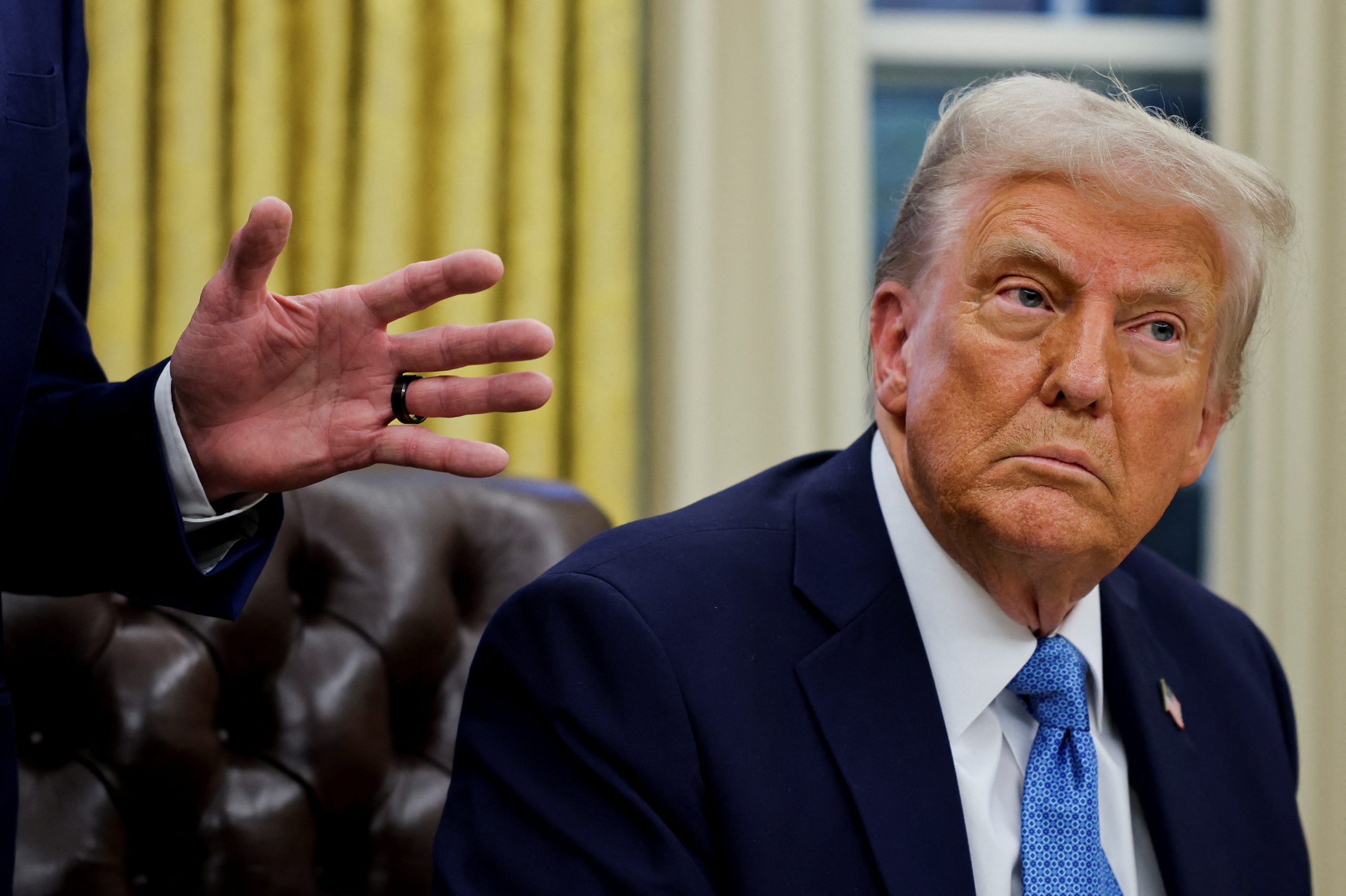FIJI is likely to be relatively cushioned from the ramifications of sweeping reforms in the United States by its newly elected President Donald Trump, which include the imposition of new import tariffs and US withdrawal from multilateral trade deals.
In their latest Pacific Insight analysing the possible economic impacts on Fiji of President Trump’s new policies, ANZ international economists Tom Kenny and Kishti Sen said at this stage, they believe Fiji will be spared from new tariffs “but a broader based application of higher tariffs could disrupt trade and the global economy and have negative implications for Fiji”.
“A global recession and uncertainty around trade tensions will harm consumer confidence and job security and result in households cutting back on discretionary spending. Overseas holidays fall into that category. As Fiji’s economy is dominated by the external economic environment, in particular international tourism, a global recession would hurt its prospects,” the economists wrote.
“Trump’s presidential style is often described as ‘transactional’. He is a businessman who relishes the ‘art of the deal’. In his last term, even China showed a willingness to engage with him when it negotiated to save tech giant ZTE. Only time will tell whether his focus on tariffs is a negotiation instrument to achieve better outcomes (a lower trade deficit) for the US. If that is the case, a trade war and global recession may be averted.”
The economists also believe President Trump will withdraw the US from the Indo Pacific Economic Framework (IPEF), a trade agreement launched by President Trump’s predecessor Joe Biden and includes Fiji as the only country from the Pacific alongside other powerhouse economies that make up 40per cent of the world’s GDP.
“Trump is likely to withdraw the US from the IPEF, which would almost certainly signal the end of that agreement.
“We don’t, however, think Fiji will be negatively impacted by the collapse of the IPEF. It enjoys a trade surplus with the US thanks to bottled water exports. Recent expansions at the water bottling facility mean Fiji’s bottled water exports to the US will continue to grow.”
The economists believe the US is unlikely to target Fiji’s trading relationship.
“Fiji’s trade surplus with the US has been constant, at around $US55million ($F100m) for several years. Fiji’s main imports from the US are aircraft and aircraft parts, hence, the volatility.
“Bottled water accounts for 85 percent of exports to the US, with processed fish, perfumery plants and kava the other main exports. Overall, the value and volumes are almost negligible compared to the US’s major trading partners often accused by Trump as ‘not paying their fair share’ or of taking advantage.
“Trump’s tariff focus is likely to be on China, Canada and Mexico, and to a lesser extent, the EU and other allies such as Japan and South Korea.
“At this stage, we think Fiji will be spared from higher tariffs given its relatively small size.”



